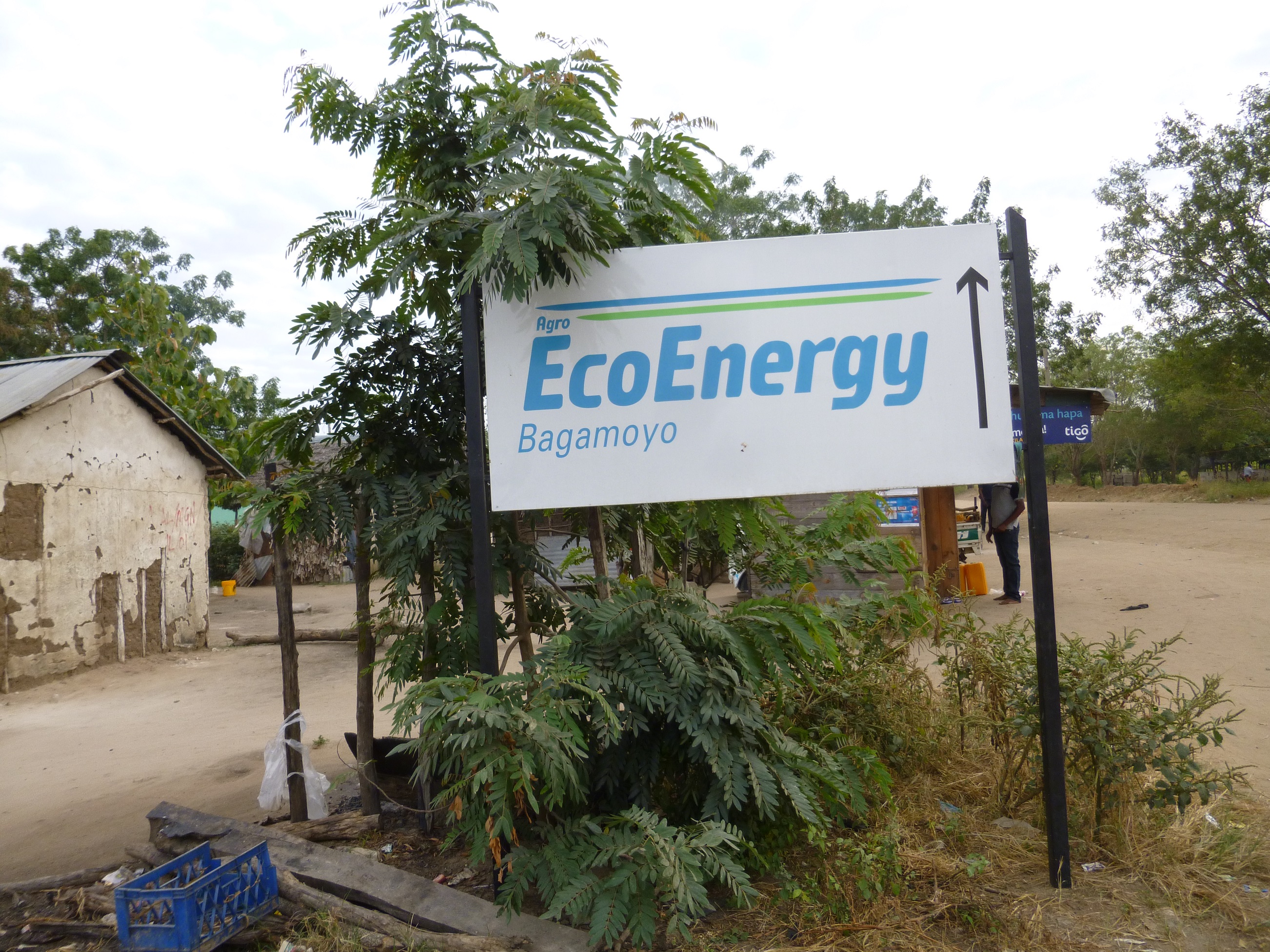Sub-Saharan Africa
Sub-Saharan Africa is not monolithic. While crises in the Sahel have attracted a great deal of attention, other regions also need to be monitored, and not just through the prism of security.
Related Subjects

Caught in the Web of Bureaucracy? How ‘Failed’ Land Deals Shape the State in Tanzania

After more than ten years of hectic debates on international ‘land grabs’, academic interest in collapsed land deals or projects with unexpected results is growing.
Central African Social Media at the Dawn of the Elections : An Advanced Symptom of a Coming Political Crisis
Although the Central African Republic remains a very weakly connected country with an Internet penetration rate of 14% in 2020, citizens begin to appropriate the use of social networks.
Post-Nkurunziza : The Total Supremacy of the CNDD-FDD
Despite the coronavirus pandemic and the passing of President Pierre Nkurunziza on June 8, 2020, the election cycle (presidential, legislative, senatorial, communal and hillside elections) have been upheld and went smoothly. Not only has the ruling party, the National Council for the Defense of Democracy-Forces for the Defense of Democracy (CNDD-FDD) remained in power, but it has also consolidated its dominance over an institutional system that had been modified with the 2018 constitutional revision.
The African Union’s Migration Agenda: An Alternative to European Priorities in Africa?
While migration from Africa is the priority of European policies for the control of the European Union’s external borders, African migration dynamics are above all regional. Sub-Saharan migration is poorly connected to transcontinental flows: more than 70% remain in Africa.
Tanzania’s 2020 Election: Return of the One-Party State
Beginning with early voting in Zanzibar on October 27, 2020, Tanzanians went to the polls in a general election for district councilors, Members of Parliament (MPs) and the President. As official results began to be declared, it became clear that Tanzania’s long-time ruling party, Chama Cha Mapinduzi, had won a landslide.
Portugal and Lusophone Africa: Complex Postcolonial Relationships
Whereas the strong ties between France and its former colonies in Africa have been studied extensively, the relationships between Portugal and Lusophone Africa have attracted less attention. This editorial offers insights into the political, economic, and diplomatic interactions between Lisbon and different African countries.
Japan’s Economic Diplomacy in Africa: Between Strategic Priorities and Local Realities
During his term in office (2012-2020), Prime Minister Shinzo Abe sought to demonstrate Japan's high level of interest in Africa, including by pledging a total of $ 60 billion in financial support at the 2013 and 2016 Tokyo International Conference on African Development (TICAD) summits and announcing his vision for a “Free and Open Indo-Pacific” (FOIP) at the TICAD-VI in Nairobi.
South Africa’s Energy Policies: Are Changes Finally Coming?
Energy and electricity policy, planning and regulation in South Africa has been slow and bureaucratic, lacking visionary leadership, and marred by uncertainty. Policy positions and actions taken have tended to be reactive, and driven more by crisis management than by forward-looking leadership.
COVID-19 in Africa: A Continent’s Response to a Global Crisis
The COVID-19 pandemic has struck Africa less than expected.
Israel-Africa Relations: What Can We Learn from the Netanyahu Decade?
Since he came to power in 2009, Israel’s Prime Minister Benjamin Netanyahu has not made Israeli-African relations a priority in his foreign policy.
Tanzania’s 2020 General Elections between Repression and Manipulation. A Consolidation of Magufuli’s “Authoritarian Turn”?
Tanzanian voters were called to the polls on Wednesday, October 28, 2020 to elect the country’s main political institution – the President, the National Assembly, and the District Councillors (diwani). Without surprise, the outcome of the sixth general elections since the reintroduction of multiparty politics in 1992 reaffirmed the longstanding grip on power of Chama Cha Mapinduzi (CCM).
Support independent French research
Ifri, a foundation recognized as being of public utility, relies largely on private donors – companies and individuals – to guarantee its sustainability and intellectual independence. Through their funding, donors help maintain the Institute's position among the world's leading think tanks. By benefiting from an internationally recognized network and expertise, donors refine their understanding of geopolitical risk and its consequences on global politics and the economy. In 2024, Ifri will support more than 70 French and foreign companies and organizations.


















